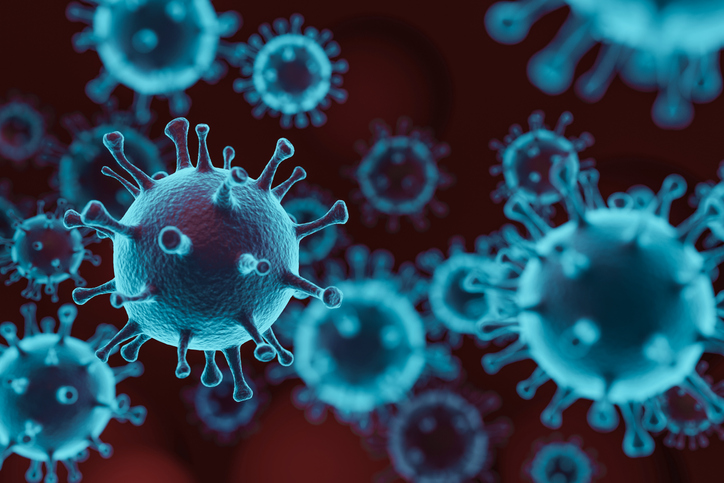
The COVID-19 pandemic has left an indelible mark on many aspects of our lives, and one unexpected consequence is hair loss. At Regrow Hair Centre, we’ve observed a significant rise in individuals reporting hair loss following a COVID-19 infection. This blog aims to shed light on the connection between COVID-19 and hair loss and provide you with practical tips to manage this condition effectively.
Hair loss after COVID-19 is often attributed to a condition called telogen effluvium. Telogen effluvium occurs when a large number of hair follicles enter the resting (telogen) phase simultaneously, leading to increased shedding and noticeable thinning of hair. This condition can be triggered by various stressors, including severe illness, psychological stress, lifestyle choices or significant physical trauma.
– Increased Shedding: Noticing more hair fall than usual, especially when washing or brushing.
– Thinning Hair: A reduction in hair volume that may be particularly noticeable at the crown or temples.
– Clumps of Hair: Finding large clumps of hair on pillows, in the shower, or in hairbrushes.
Stress management is crucial. Elevated stress levels can exacerbate telogen effluvium. Practices such as mindfulness, yoga, meditation, and regular exercise can help reduce stress levels and improve overall well-being.
A diet rich in essential nutrients supports hair health:
– Proteins: Essential for hair growth, found in lean meats, fish, beans, and nuts.
– Iron: Critical for oxygen transport to hair follicles, found in red meat, spinach, and lentils.
– Vitamins: Particularly vitamin D and biotin, which can be sourced from supplements after consulting with a physician. Check out www.regrowhairproducts.co.uk for our top clinic grade hair supplements.
Reduce the use of hair styling tools and chemical treatments that can further damage weakened hair. Opt for gentle hair care practices, such as using mild shampoos and conditioners avoiding excessive heat, and being gentle when brushing or styling your hair.
If hair loss persists, consider consulting a healthcare provider:
– Topical Treatments: Minoxidil can be effective in promoting hair regrowth but is a temporary and costly solution. Also worth noting that Minoxidil doesn’t work for everyone.
– Oral Medications: Finasteride can help reduce DHT which attacks hair follicles, however this medication may have side effects.
– Supplements: Iron, vitamin D, and biotin supplements might be recommended based on individual deficiencies.
Persistent or severe hair loss should be evaluated by a specialist. At Regrow Hair Centre, we offer comprehensive evaluations and personalised treatment plans to address post-COVID hair loss and other types of hair thinning. You can contact us on 0800 246 1606 alternatively here at www.regrowhaircentre.com
While hair loss after COVID-19 can be distressing, it’s generally a temporary condition. With the right approach and professional guidance, you can manage and mitigate this issue effectively. Remember, maintaining a healthy lifestyle and reducing stress are key components of hair health.
For further assistance and tailored treatment options, contact Regrow Hair Centre today. Our experts are here to help you regain your confidence and your hair.